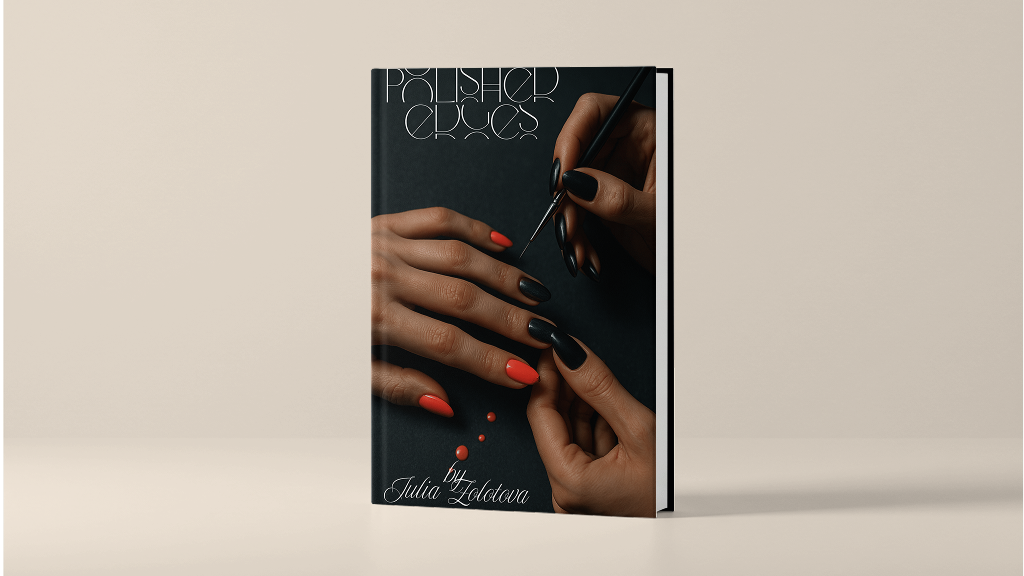My second book, Polished Edges, is officially out today.
After last year’s short story collection Between Languages explored immigrant identity and cultural displacement, this book returns to familiar territory: the London beauty industry where I’ve worked for years.
The strangest part of publication isn’t seeing your name on a cover, though that never stops feeling surreal. It’s the moment when your characters stop belonging exclusively to you. The TikTok dancer with her coral crash, the diplomat hiding behind nude diplomacy, the ballerina choosing blackout over revelation: they’ve all left my notebook and gone wandering.
Between Languages was about my experience moving between Moscow, Beijing, and London. Polished Edges is about what I observed once I settled here, working with people who perform different versions of themselves for different audiences.
The themes persist: performance, authenticity, the masks we wear. But now they’re dressed in Chanel and sitting in my nail chair.
Several early readers mentioned how authentic the nail studio atmosphere felt. You can’t fake the rhythm of a manicure appointment, the particular intimacy that develops when someone trusts you with their hands for an hour. The weight of professional scissors, the chemical bite of acetone, the way certain colours bring out confessions.
The response so far has been overwhelmingly kind. Early reviewers appreciated the balance between satire and compassion, apparently I managed to write about wealthy people’s problems without completely dismissing their humanity.
The most meaningful responses have come from fellow nail artists and beauty industry workers who recognise the world I’ve depicted. Several sent messages saying they felt seen.
Between Languages taught me how to write. Polished Edges taught me what I wanted to write about. The questions remain the same, just the context has shifted from visa offices and warehouses to Mayfair nail studios.
Right now, somewhere in London, someone is reading about Daisy Chen’s coral crash for the first time. These characters who lived in my head are having their first conversations with strangers.
Read Polished Edges now on Kobo: https://www.kobo.com/gb/en/ebook/polished-edges
Posted from London, where fictional characters have become real and real experiences have become fiction.
— Writer Julia Zolotova

